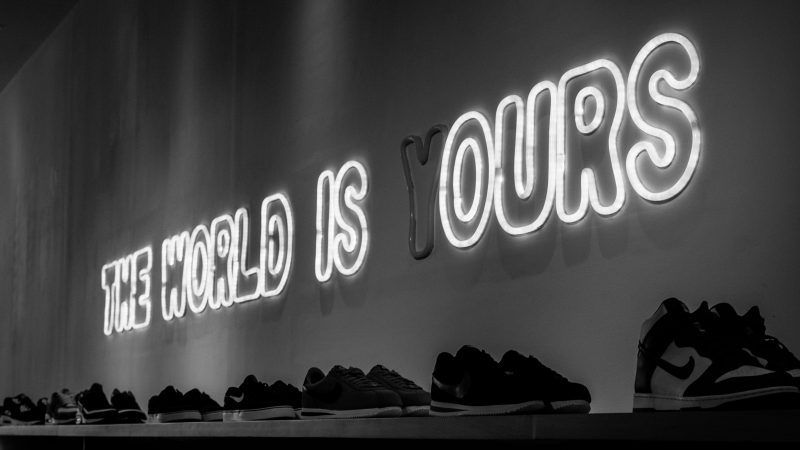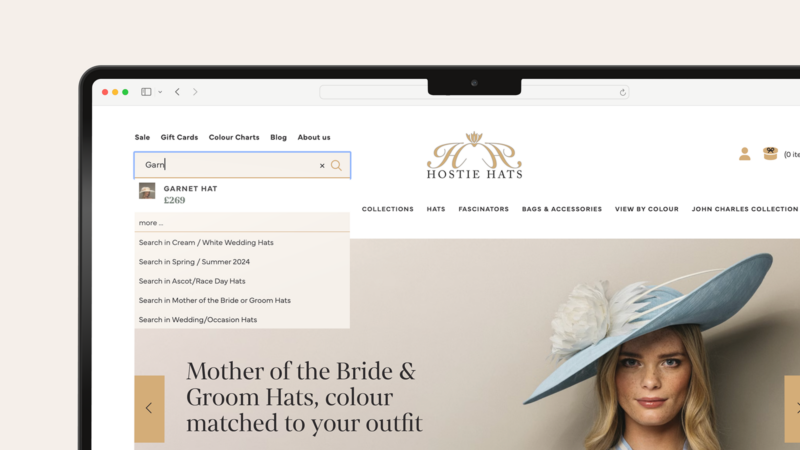This isn’t a particularly new revelation, but it’s getting more and more important and research shows that brand purpose is more important to Generation Z and Millennials than it is to Generation X and Baby Boomers. Younger consumers want brands to roll up their sleeves and get involved.
…despite it being a polarising campaign and there being a very vocal backlash online, Nike reported a 31% increase in sales compared to the same period the previous year.
One of the most recent cases of a big brand taking a risk to back a cause was Nike’s Colin Kaepernick 30th anniversary Just Do It campaign. The company had to weigh the risk of alienating the NFL against the opportunity to engage with a young, socially conscious market at a potentially decisive moment. The gamble paid off – despite it being a polarising campaign and there being a very vocal backlash online, Nike reported a 31% increase in sales compared to the same period the previous year.
But what matters to consumers most what it comes to brand purpose? According to research by Accenture, the following:
- 66% brand culture – delivering on promises
- 66% transparency – sourcing materials, treating employees, etc
- 65% treating employees well
- 62% improving the environment
- 62% having ethics or values and demonstrating them
- 62% being passionate about what it does
- 52% being bigger than just products or services, aligning with personal values
- 50% standing up for issues they believe in
- 50% supporting causes we have in common
- 38% creates a sense of community with like-minded connections
- 37% political stances close to my heart
There is, according to the same research, a difference in how important customers rate purpose depending on the category the brand is in i.e. Basic or utility products such as detergent, to a certain extent, fall back on more traditional differentiators such as price and quality – people appear less likely to want engagement from a bin liner.
So what does this mean in practice?
It means that to be more competitive, brands need to be more human and more transparent. They need to do what they say they will, but also find a calling that is bigger than just increasing sales. They need to engage with issues – even if an issue is divisive, taking a measured risk and giving voice to a cause with authenticity can be as commercially sound as it is ethically. This appears to be the path to creating an engaged community of loyal stakeholders, rather than a transient set of customers.
Sources:
- Accenture Global Consumer Pulse Research 2018, [survey of 29,530 end-consumers from 35 countries
- Nike sales information via Eddison Trends







